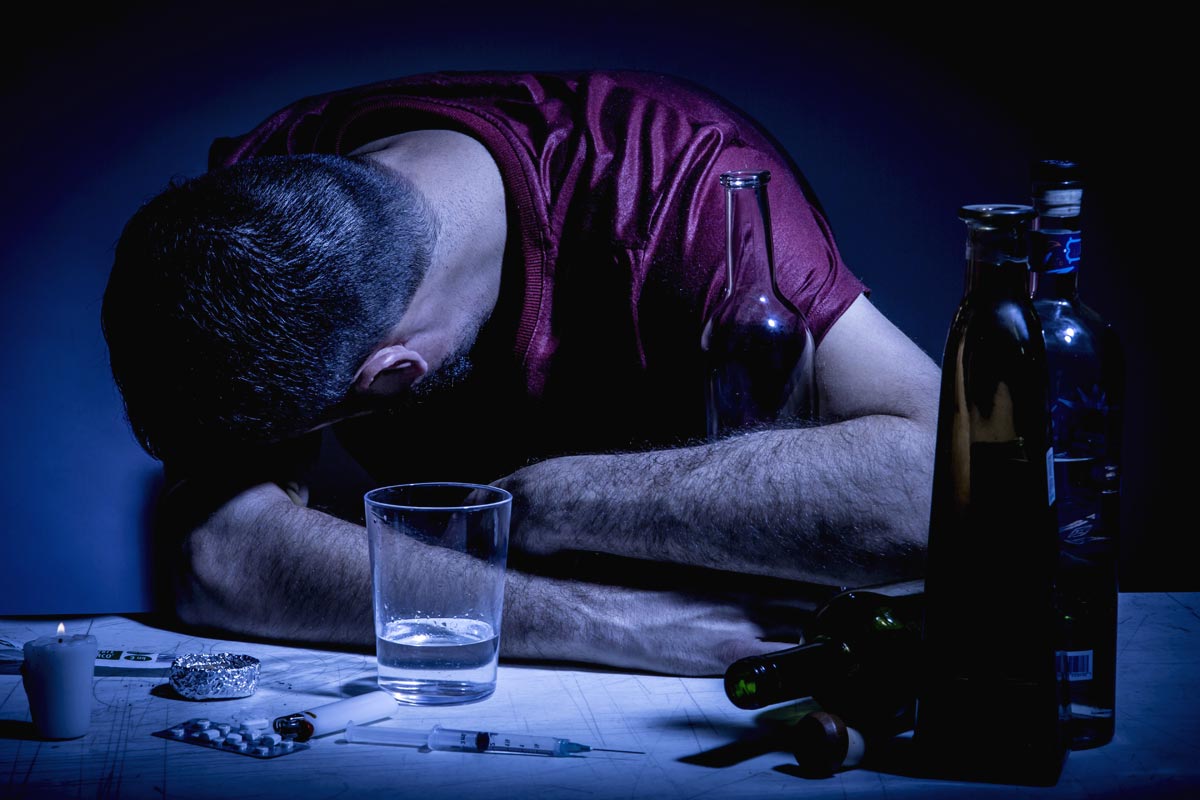
If you are an alcoholic or are in recovery from alcohol use disorder, you are probably familiar with the “drunk tank.” For those of you who are not familiar with a cold cell at 3 AM, we’ll take a moment to explain. Drinking alcohol is not illegal in any amount; however, drinking too much alcohol in public and behind the wheel is a threat to personal and public safety. When a person who has over-imbibed comes face-to-face with the Law, the net result is usually a stay in the drunk tank. Drunk people go into holding cells at police stations until they sober up, the definition of sober varies by state and country. In the field of addiction medicine, naturally we are averse to imprisonment for substance use of any kind. If you drive drunk, it makes sense that you do some time in jail to stress the point that you put your life and the lives of others at risk.
Heavy fines usually help in cementing the point in one’s skull, but more times than not drunk drivers are repeat offenders—especially alcoholics.
Hopefully, one’s DUI ends up being the catalyst that brings about change and lasting recovery; for that to occur, treatment is the best course.
Setting aside DUIs, those who drink too much and find themselves behind bars have the opportunity to sober up and reflect on making better decisions in the future. However, the drunk tank isn’t necessarily the safest place to promote circumspection.
Drunk Tanks Put People At Risk
Alcohol poisoning is a frequent recurrence among heavy drinkers, a condition that can be lethal. Whenever somebody crosses a threshold based on each person’s unique factors (i.e., tolerance and body weight), they are at risk of severe health consequences. Those who do not receive medical supervision can quickly lose their lives. What’s more, the symptoms of alcohol poisoning vary from case-to-case, meaning a police officer is probably ill-equipped to spot the signs. Merely throwing someone in the drunk tank for a brief lesson in civility is a slippery slope.
Last year, Corey Rogers (41) died in a Halifax, Canada, drunk tank, CBC News reports. Rodgers’ mother decided to make it her mission to end the practice of drunk tanks, examining various policies and procedures. Jeannette Rogers’ (Corey Rogers’s mother) cause has the support of addiction recovery and street health workers.
“People who are highly intoxicated don’t belong in jail,” said Rogers, a retired psychiatric nurse.
In other parts of Canada, police bring intoxicated people to “sobering centers,” according to the article. Once there, people high on drugs can get assessments, shelter, food, and access to other services. Law enforcement should opt to release a drunk person to a sober adult or a treatment center, before resorting to drunk tanks, said Archie Kaiser, a law professor at Dalhousie University.
Alcohol Use Disorder Treatment
If alcohol use has led to legal difficulties, it’s possible that you have an alcohol use disorder. Treatment is the most efficient way of breaking the cycle of addiction and learning how to work a program of recovery. Please contact 10 Acre Ranch for a free consultation.






